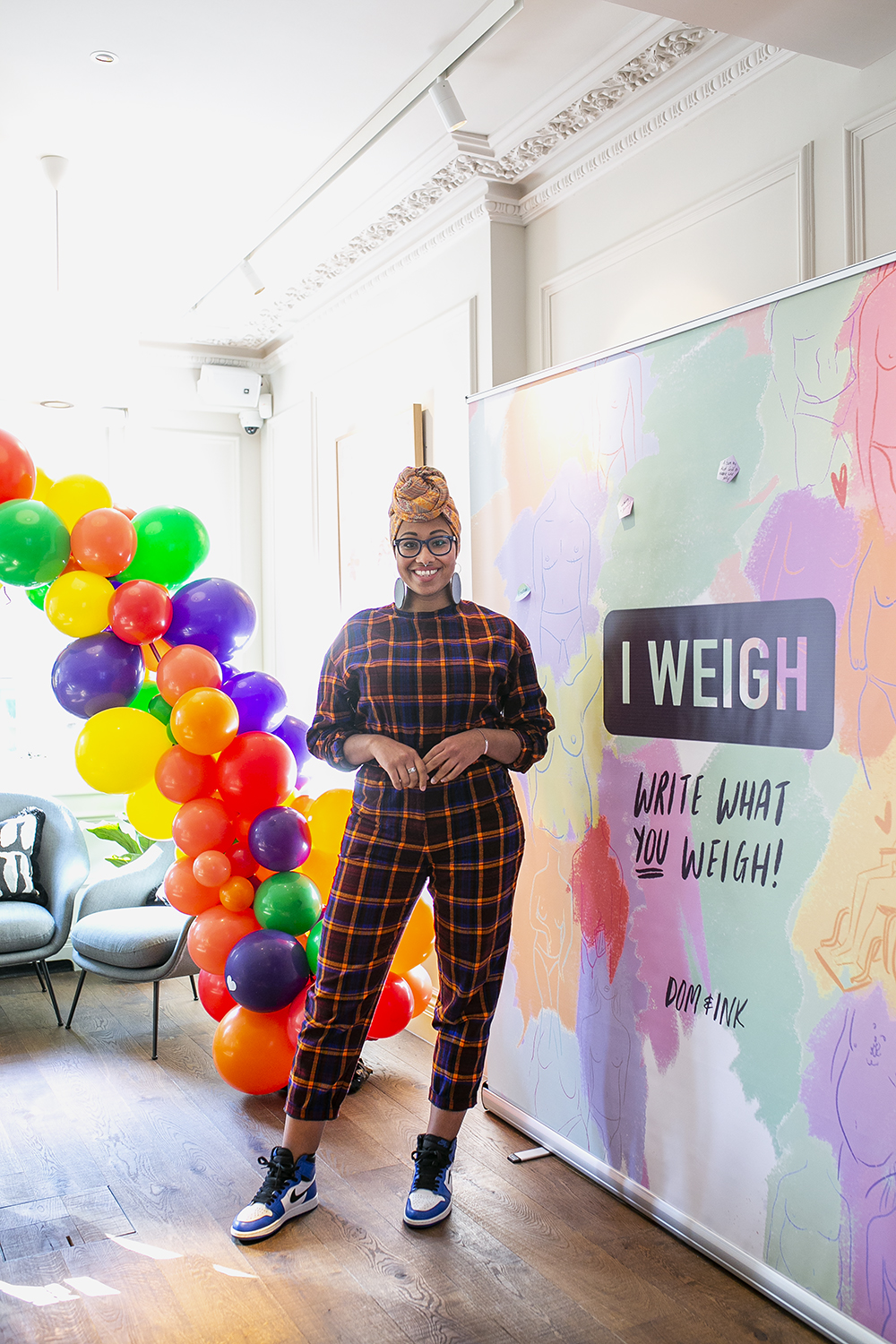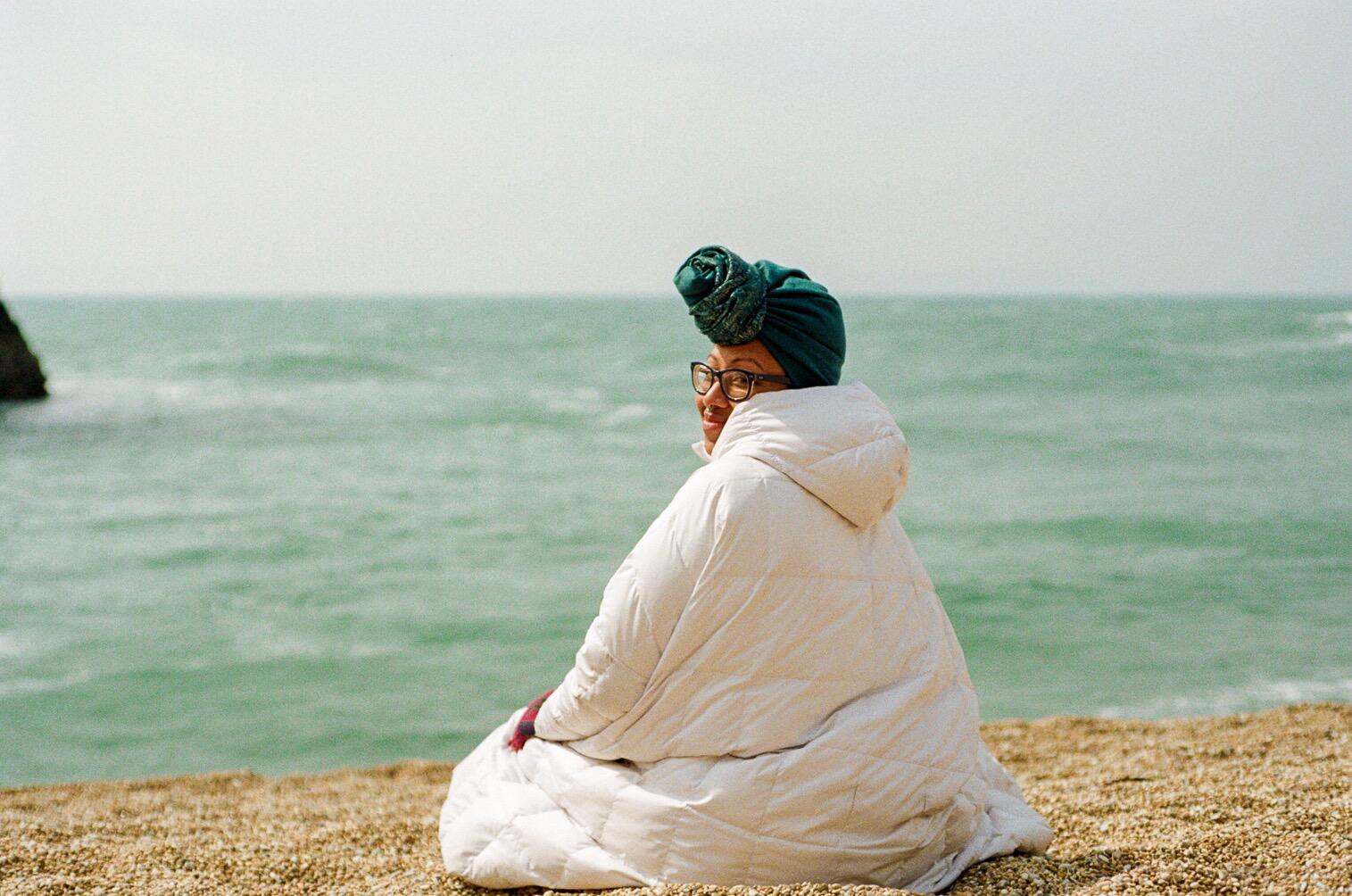On Power, Change and Balance.
I want to say I was surprised by the result of the Australian election, but I am not. Rather perhaps, I am filled with a disappointment I was hoping not to feel, but am prepared for. It’s a hollow feeling though. I left the nation to live in London over 18 months ago, fed up of a politick and a rhetoric that I seemed unable to influence for the better. How can I feel disappointed when I am not one of the people who campaigned for change, who put up with the hate, who threw their hate in the ring, did everything they felt they could, and yet still find themselves defeated? In the Australian election, I am the critic in Roosevelt’s quote, not the famed ‘man in the arena’. That is my cross to bear.
“It is not the critic who counts; not the man who points out how the strong man stumbles, or where the doer of deeds could have done them better. The credit belongs to the man who is actually in the arena, whose face is marred by dust and sweat and blood; who strives valiantly; who errs, who comes short again and again, because there is no effort without error and shortcoming; but who does actually strive to do the deeds; who knows great enthusiasms, the great devotions; who spends himself in a worthy cause; who at the best knows in the end the triumph of high achievement, and who at the worst, if he fails, at least fails while daring greatly, so that his place shall never be with those cold and timid souls who neither know victory nor defeat.”
Shortly after the results of the Aussie election rolled in, I found myself watching the recent Dick Cheney biopic, Vice. Have y’all seen it? Wow, did it take me back to the heady days of my teens, protesting on the streets against wars in the Middle East that seemed to just keep coming. Guantantamo Bay is still open and yet is so far from the political consciousness one could be forgiven for thinking it was old news. I guess there are newer, hotter, wildfires to put out. It’s one hell of a climate crisis out there.
The biopic reminded me of Cheney’s reprehensible legacy yes, but also made me wonder about the nature of power, and how we - and by we I mean those interested in working towards a fairer world for all - do that. How do we keep picking ourselves up, dusting ourselves off, fighting for fair, despite all that is ahead? How do we continue taking the high road, continue treating those who oppose us with dignity, continue to meet hate with love? It’s not as if anyone is immune to the heady effect of power, either. The hard left - communism - doesn’t have a stellar history, the same way that the hard right - fascism - was responsible for atrocities beyond imagination. Having visited a country in the Caucauses recently, the first place I’ve visited that experienced Soviet Rule, I cannot say with confidence that an extreme version of the left is something worth aiming for. Indeed, no extreme is ever worth aiming for, in my opinion. Indeed, Islam recommends the middle path, always. Surah Baqara says:
وَكَذَٰلِكَ جَعَلْنَاكُمْ أُمَّةً وَسَطًا لِّتَكُونُوا شُهَدَاءَ عَلَى النَّاسِ وَيَكُونَ الرَّسُولُ عَلَيْكُمْ شَهِيدًا
Thus, We have made you a justly balanced community that you will be witnesses over the people and the Messenger will be a witness over you. (2:143)
One version of the tafsir, or interpretation is as follows:
أَنَّ الْوَسَطَ حَقِيقَةٌ فِي الْبُعْدِ عَنِ الطَّرَفَيْنِ وَلَا شَكَّ أَنَّ طَرَفَيِ الْإِفْرَاطِ وَالتَّفْرِيطِ رَدِيئَانِ فَالْمُتَوَسِّطُ فِي الْأَخْلَاقِ يَكُونُ بَعِيدًا عَنِ الطَّرَفَيْنِ فَكَانَ مُعْتَدِلًا فَاضِلًا
The justly balanced (wasat) in reality is the furthest point between two extremes. There is no doubt that the two poles of excess and extravagance are destructive, so to be moderate in character is to be furthest from them, which is to be just and virtuous.
(Note that there are many interpretations, and this is one from this site. I have found the page on moderation useful but cannot vouch for everything else on the site).
I wonder - how does moderation win over extremes? Is it a matter of time? Or simply a question of faith? I’m not sure. Allah knows best, and indeed, that is all I have for now. Khair, inshallah. All I know is that we all gotta get into that arena.
Christian Bale acting as Dick Cheney, in VICE.















